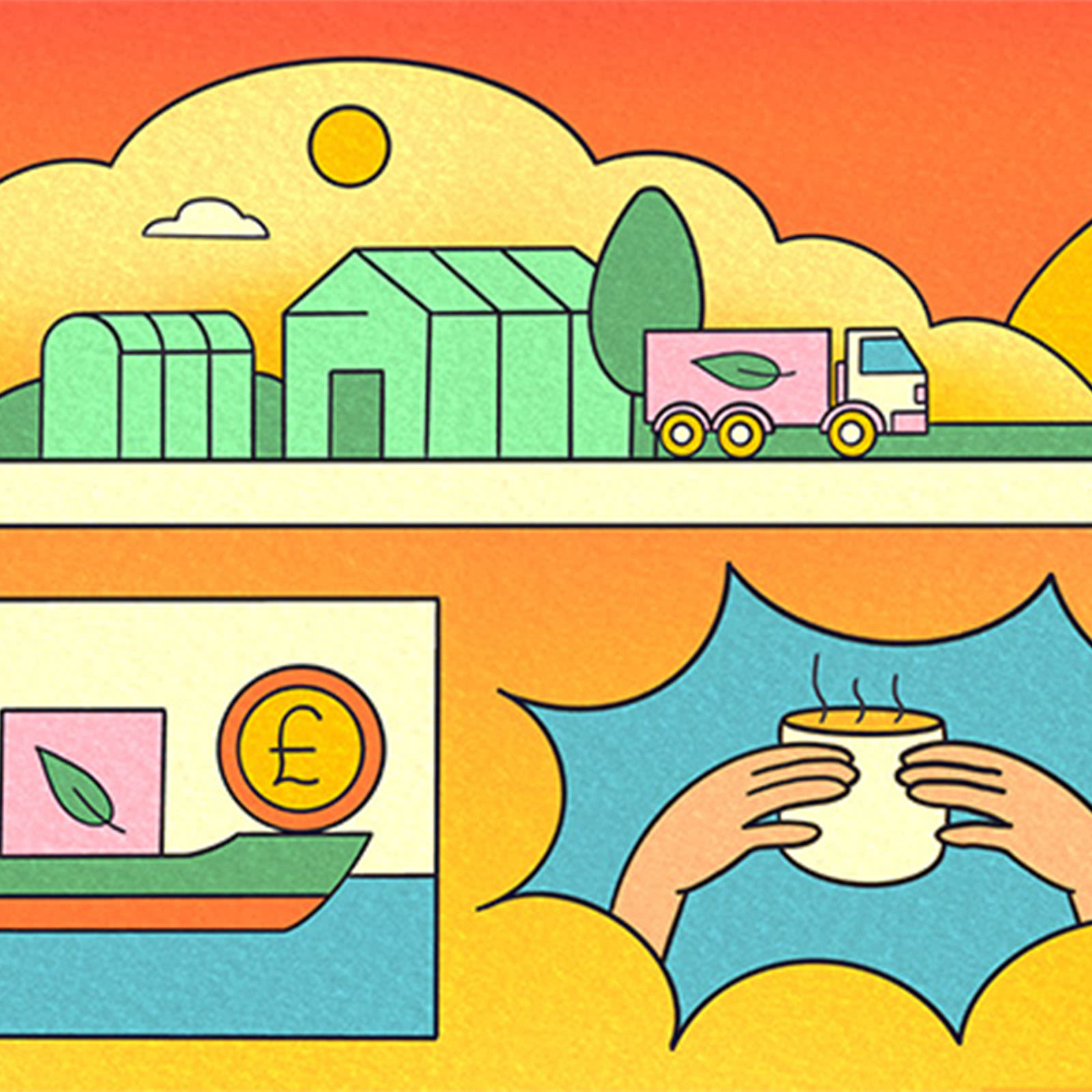
Supply chains are all out of whack, with Covid challenges, disruptions to fulfillment and scarce space on ships pushing the price of shipping containers sky high. All of those issues are only exacerbated in a global recession, causing chaos for businesses that rely on international suppliers and manufacturers.
But one way to minimize these risks is to build good communication throughout your supply chain. ‘One of the best counters to ongoing logistics and supply-chain disruption is doubling down on your supplier relationships,’ says Nigel Cole, product manager at Techpoint, an electronics manufacturer and supply-chain services firm. ‘This means learning to love long-haul flights and investing in regular face-to-face meetings.’
Those meetings are for more than just discussing the nuts and bolts of what's going on, says Nigel. ‘These should be used to understand what's important to your supplier, both in terms of logistics and production efficiency – using them to only communicate your own needs is a mistake,’ he says. ‘Working together in partnership is of key importance.’
Getting face to face
An honest and open dialog was something that helped Anna-Marie Muir, the founder of Pawdaw of London, when she sought a microfibers supplier in Turkey. The two-year-old business, which makes luxury towels, blankets and cleaning products for dogs, found that the first batch of products from the manufacturer wasn't that great, as it struggled to understand exactly what Anna-Marie wanted.
After flying out for a pet trade show in Istanbul, Anna-Marie managed to meet the manufacturers in person. ‘We talked more in those couple of hours than we could ever have done over email, a phone call or WhatsApp,’ she says. ‘It wasn't until meeting and understanding my goals and where I'm taking the business that they stood up and went: “Oh, they're not just playing at this, they mean business.”’
That connection meant Anna-Marie could approach the manufacturer when the value of the British pound slumped against the dollar and she wanted to insulate customers against price rises. She asked the suppliers to defer production of the work until the pound gained value back on global currency markets. ‘They were very open to working with me on that,’ she says. ‘They didn't pressurize me at all and, had we not [had] that relationship, that certainly wouldn't have happened.’
READ MORE. Visit our archive for more supply-chain insights and case studies – from the chewing gum brand that built its own factory to a best-practice guide on finding the right supplier.


